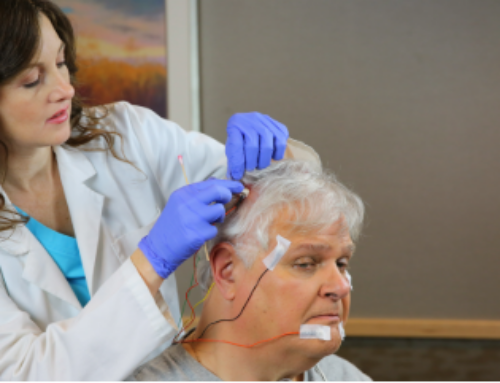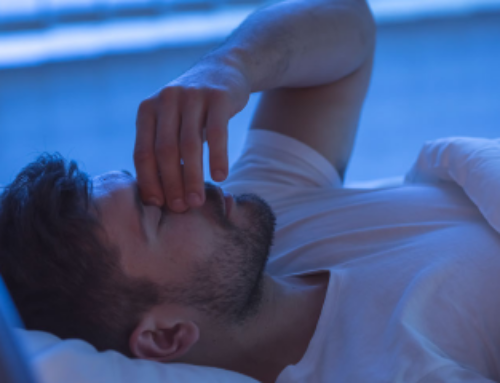Sleeping pills are a common treatment for people who are unable to sleep well. But a growing number of sleep specialists are using other treatment methods to provide solutions for people with sleep disorders.
Behavioral sleep medicine (BSM) is a branch of clinical sleep medicine. It involves cognitive and behavioral treatments for sleep disorders. Cognitive therapy helps you develop positive thoughts and attitudes about sleeping. Behavioral therapy helps you change actions or habits that hurt your ability to sleep well.
BSM has gained the most ground in the treatment of insomnia. There are a number of proven BSM methods that doctors can use to help the sleepless. One example is relaxation training. This helps you reduce muscle tension and get rid of negative thoughts that hinder your sleep.
Cognitive behavioral therapy for insomnia
Combining more than one method can produce long-term benefits. Cognitive behavioral therapy (CBT) is a combined form of treatment for insomnia. The National Institutes of Health found CBT to be “as effective as prescription medications are for short-term treatment of chronic insomnia.” Practice parameters released by the American Academy of Sleep Medicine (AASM) also support CBT. They advise doctors that CBT is “effective and recommended” for chronic insomnia.
An advantage of CBT is that its benefits may last long after treatment sessions end. There also have been no reports of adverse side effects related to the treatment.
The main drawback to CBT is that some insurance providers may not cover the treatment. This can make it costly for patients who must pay “out of pocket” for multiple sessions. Doctors have had some success reducing these costs by providing treatment in group sessions. Positive results also have been seen by conducting treatment sessions over the phone.
Other behavioral treatments
BSM providers also help people with other sleep problems. Some people with obstructive sleep apnea (OSA) benefit from positional therapy. This strategy keeps them from sleeping on their back. It appears to be most effective for younger people who have less severe OSA and who are less obese.
Weight loss is a behavioral strategy that is helpful for overweight or obese people who suffer from OSA. But it is a slow process that can be hard to maintain. The AASM recommends combining it with other treatment methods.
Bright light therapy is a common treatment for people with a circadian rhythm sleep disorder who tend to fall asleep too early or too late. It helps reset your body clock so you are able to sleep at normal times.
There are many BSM treatment methods that help children sleep better. These treatments are effective and are safer for children than medications. Many methods help children who are unable to fall asleep or stay asleep. Other methods are commonly used to help children who struggle with bedwetting.
Certified BSM specialists
The AASM certifies doctors who are experts in BSM. Candidates must have specialized training and must pass the AASM’s BSM Exam. Those who pass the exam earn the designation of C.B.S.M. (certified in behavioral sleep medicine). Currently, there are more than 100 certified BSM specialists across the U.S.





